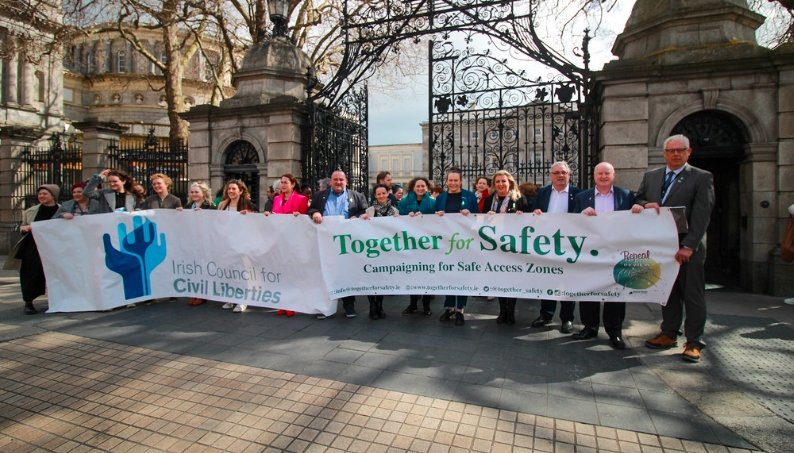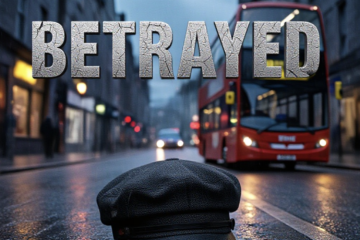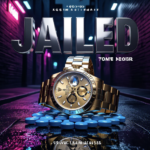In September 2024, Scotland took a step forward in abortion rights with the introduction of the Abortion Services (Safe Access Zones) (Scotland) Act, aiming to protect individuals accessing or working at abortion clinics from harassment. This legislation, which creates protected zones around clinics, follows the momentum of activism led by grassroots groups like Back Off Scotland. The group’s efforts culminated in the legislation’s passage, a significant win for reproductive rights in the country.
A Victory, but a Step Toward What?
Lucy Grieve, co-founder of Back Off Scotland, celebrated the law’s success but emphasized that the fight is far from over. In her statement, she outlined the next objective: expanding Scotland’s abortion services and tackling the country’s “archaic abortion law.” While the safe access zones represent progress, Scotland’s overall abortion legislation is fragmented, dating back centuries and leaving many gaps in clarity and legal protections.
Despite the recent improvements, there is a lack of clear and unified criminal law on abortion in Scotland. The Abortion Act 1967, which governs abortion laws in Scotland, England, and Wales, sets the framework for when abortions are allowed, including requirements such as two doctors’ approval and stipulations regarding the pregnancy’s stage. However, this Act leaves many grey areas in the legal landscape. Abortion remains a common law crime if these stipulations are not met, and individuals—including clinicians—remain vulnerable to prosecution.

A Legacy of Outdated Laws
The current laws governing abortion in Scotland are a mix of legislation dating as far back as the 1600s and common law, which has evolved based on judicial interpretations over time. There is no explicit legal right to an abortion in Scotland, leaving women and healthcare providers legally vulnerable. Despite being one of the safest medical procedures, the current legislative framework does not guarantee women will not be prosecuted or that access to abortion will remain uninterrupted.
The increasing criminalization of abortion services is evident beyond Scotland’s borders as well. In England, a sharp rise in investigations has been noted, with police using invasive methods to monitor pregnancies. These have included requests for data from menstruation tracking apps and testing for abortion-inducing substances, leading to several criminal inquiries and even convictions. Just earlier this year, a woman was sentenced to prison for using abortion pills after 32 weeks, illustrating the potential dangers women may face even in countries with relatively liberal abortion laws.
Access Challenges in Scotland
Access to abortion in Scotland is also deeply unequal. For instance, there is only one doctor trained to perform surgical abortions beyond 20 weeks, leaving many women with few choices but to travel out of the country for potentially life-saving procedures. Rural and remote areas, especially in Scotland’s Northern Isles, often face severe service poverty, requiring women to travel long distances, even for basic maternity care. As a result, women in these areas may experience further barriers to accessing abortions, adding to the overall geographic inequality in reproductive healthcare.
The current legal framework and service limitations show how abortion might become harder to access over time. The question arises: How committed is the Scottish government to ensuring that all women truly have control over their bodies and choices? The introduction of safe access zones is a positive step, but the broader issue of legal ambiguity and unequal access remains unresolved.
The Road Ahead: Real Choices for All
While the introduction of safe access zones and the efforts of groups like Back Off Scotland are commendable, the Scottish government’s commitment to “our bodies, our choices” must be seen in the context of real access and support for women across the country. The struggle for abortion rights is far from over—until there is a clear right to abortion, free from criminalization and with equal access for all women, the battle for reproductive justice will continue.


















